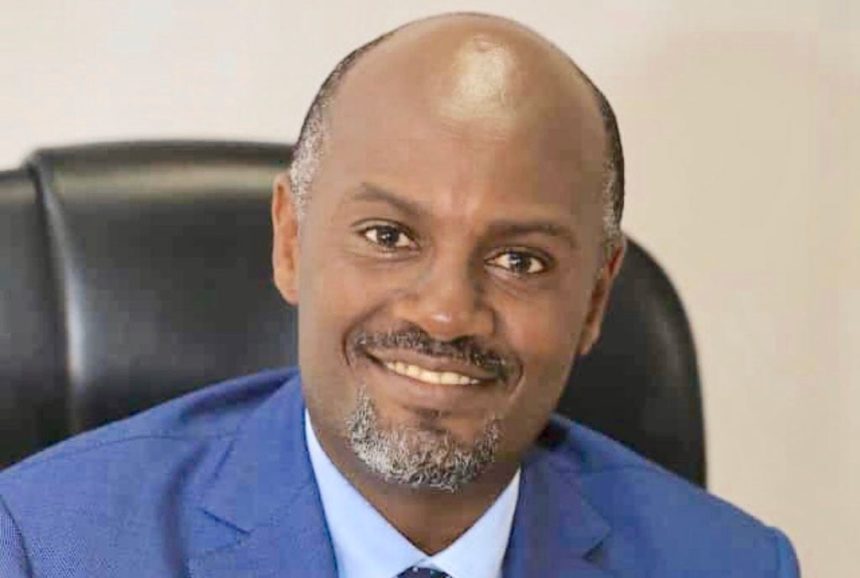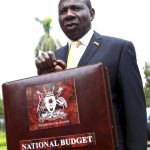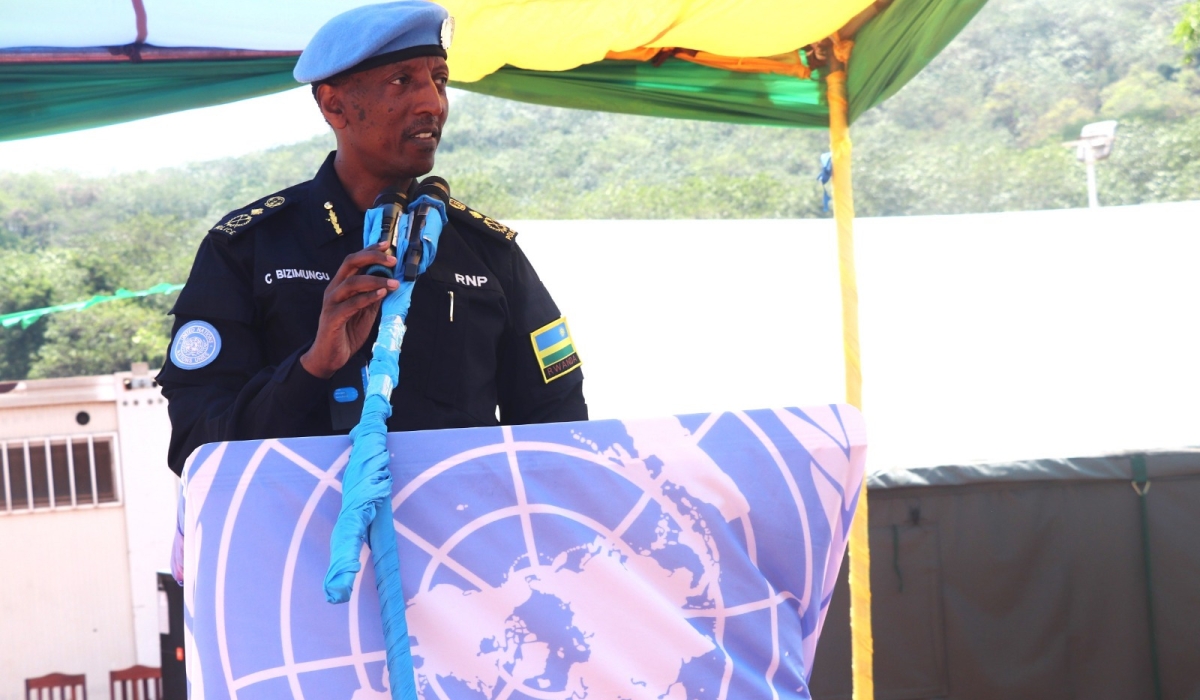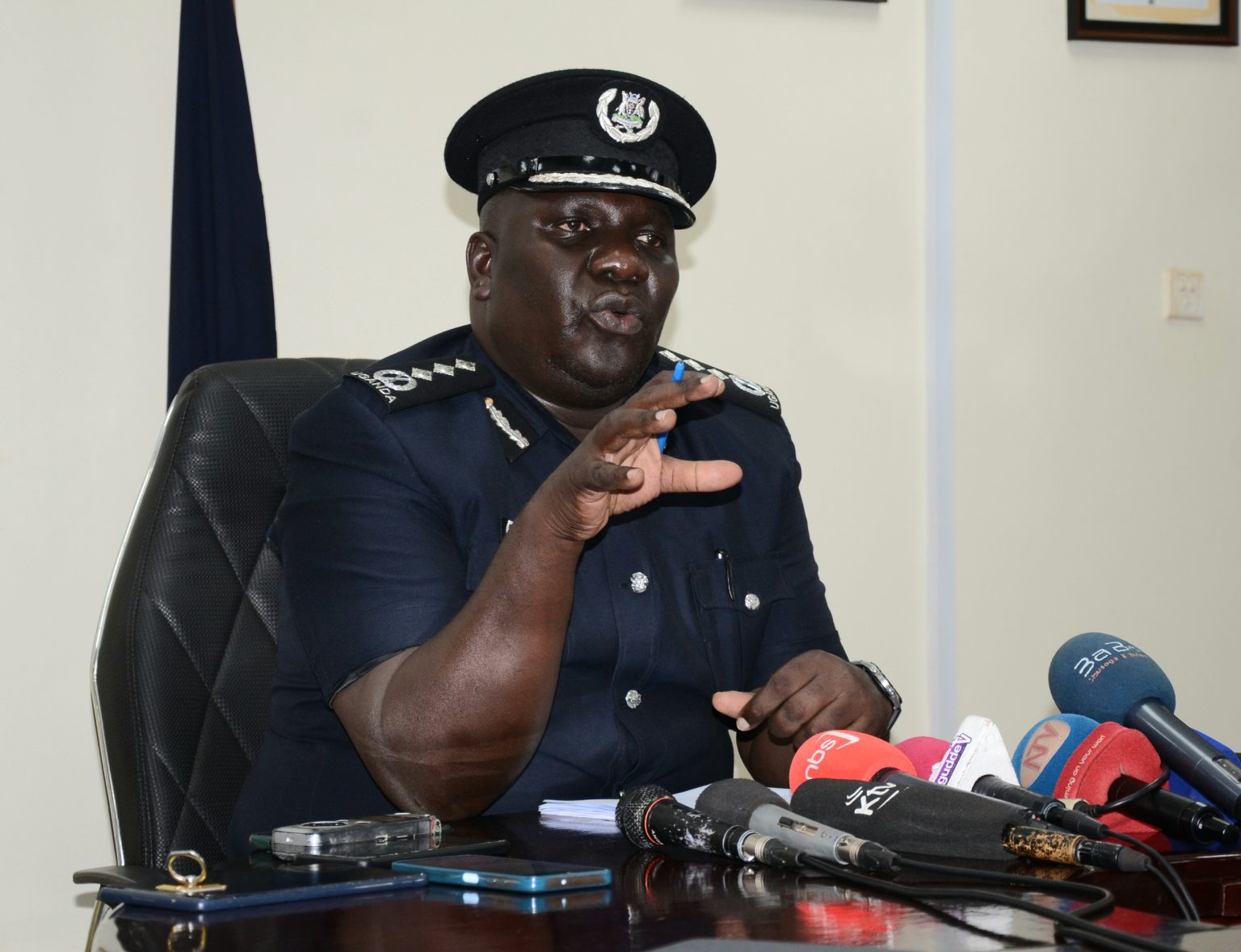The United Nations Panel of Experts has released a report implicating Andrew Mwenda, a prominent Ugandan journalist and media owner, in connections with the M23 rebel group operating in the Democratic Republic of Congo (DRC). According to the report, Mwenda confirmed meeting with M23 leaders at his office in Kampala, including Lawrence Kanyuka and Desire Rwigyema, to gather information for his journalistic work. Subsequently, Mwenda engaged foreign missions in Kampala to facilitate talks between M23 and the Congolese government, aimed at resolving the conflict peacefully.
In response to the allegations, Mwenda expressed dismay over the UN report, arguing that his interactions with M23 leaders were purely journalistic. He criticized the report for mischaracterizing him as a political figure involved in diplomatic relations between Uganda and Rwanda, which he refuted, emphasizing that any previous roles ceased in 2018.
The UN Panel’s report further detailed M23’s recruitment activities, alleging that the rebel group has been targeting refugees in Uganda, particularly in settlements like Kyaka II and Nakivale. These recruits, including minors, were reportedly promised financial incentives and trafficked into the DRC through the Bunagana border post since 2022. Kyaka II and Nakivale are refugee settlements located in Uganda. Kyaka II is situated in the Kyegegwa District in western Uganda, near the border with the Democratic Republic of Congo (DRC). It was established in 2003 to accommodate refugees fleeing conflicts in the neighboring DRC, primarily from the Kivu region. The settlement hosts a significant population of refugees, predominantly from the Banyamulenge ethnic group, who have fled various conflicts in eastern DRC.Nakivale is located in the Isingiro District in southwestern Uganda, near the border with Rwanda and Tanzania. Established in 1958, Nakivale is one of Uganda’s oldest refugee settlements, originally set up for Rwandan refugees and later expanded to accommodate refugees from various countries in the Great Lakes region and beyond. It is one of Uganda’s largest refugee settlements, hosting a diverse population of refugees from countries like Rwanda, Burundi, Somalia, Ethiopia, and the DRC.
The M23, short for the March 23 Movement, is a rebel group operating in the eastern Democratic Republic of Congo (DRC). The M23 movement emerged in April 2012, named after the March 23, 2009, peace agreement between the Congolese government and a previous rebel group, the National Congress for the Defense of the People (CNDP). Initially led by Bosco Ntaganda, a former commander in the Congolese army, and primarily consisting of ethnic Tutsi fighters from the eastern DRC region of Kivu. M23 rebels cited grievances including poor treatment of Tutsis by the Congolese government, lack of political representation, and alleged failure to implement the peace agreements.
Mwenda defended his meeting with M23 leaders, citing his journalistic responsibility to gather information from primary sources. He described his conversation with the rebels, where he learned about their ethnic diversity and past efforts at negotiating peace with the Congolese government. Mwenda asserted his belief in the potential for dialogue to achieve lasting peace in the region, prompting his outreach to US, French, Belgian, and EU embassies in Kampala to facilitate communication with Kinshasa.
Despite his efforts, Mwenda encountered mixed responses from diplomatic missions, with some expressing reservations about engaging directly with M23 leaders due to existing sanctions and political considerations. The UN report, based on these diplomatic interactions and other findings, raised concerns about external influences on the M23 conflict dynamics.
Andrew Mwenda, 52, has a distinguished career in Ugandan journalism, known for his critical reporting and editorials challenging government policies. His tenure includes founding The Independent magazine and advocating for press freedom through legal challenges that led to the removal of sedition laws in Uganda. Despite controversies and shifts in his political alignments over the years, Mwenda remains a polarizing figure within Uganda’s media landscape.
The Mwenda – M23 Meeting in Kampala
In March 2023, Mwenda, known for his multifaceted media career, including journalism, radio hosting, and ownership of The Independent magazine, met with M23 leaders Lawrence Kanyuka, Desire Rwigyema, and another unidentified individual at his office in Kampala. Contrary to his initial assumptions, Mwenda discovered that M23, often perceived as an ethnic Tutsi militia, had diverse leadership including members from the Luba and Hutu ethnic groups.
During their discussion, the M23 leaders recounted their failed peace negotiations with the Congolese government in Kinshasa, which began in October 2020 and collapsed in November 2022 when Congolese forces allegedly attacked their group. Despite this setback, the M23 leaders expressed their desire to resume the peace process and integrate into the Congolese army.
Motivated by a belief in dialogue’s potential to achieve lasting peace, Mwenda took initiative to engage US, French, Belgian, and EU embassies in Kampala. He briefed them on the M23 leaders’ willingness to surrender and sought their assistance in establishing communication with Kinshasa to facilitate peace talks.
However, Mwenda encountered varying responses from diplomatic missions. While the French embassy declined to meet with M23 leaders, citing restrictions, the US embassy initially expressed interest pending consultations with Washington, which ultimately declined involvement. Mwenda also clarified to the US embassy that he was unaware of any direct engagements between M23 and the Ugandan government, emphasizing Uganda’s cautious approach in its relations with the DRC.
The aftermath of Mwenda’s diplomatic efforts unfolded with a call from Uganda’s Ministry of Foreign Affairs in early May, notifying him of allegations by a UN Panel of Experts. The panel accused Mwenda of acting as an intermediary to persuade Western embassies to support the removal of UN sanctions against M23, further complicating the diplomatic landscape.
Andrew Mwenda has garnered acclaim and controversy throughout his career. Initially critical of President Museveni’s government, Mwenda’s editorial work at The Monitor challenged governance and corruption issues, often leading to legal confrontations. Over the years, his relationship with power evolved, aligning more closely with government interests and roles in regional diplomacy, including advisory positions under Rwandan President Paul Kagame.
Allegations of Uganda Supporting M23 Rebels Resurface
The United Nations Panel of Experts has recently disclosed that Uganda is allegedly providing covert support to the March 23 Movement (M23), currently engaged in intense conflict against Democratic Republic of Congo (DRC) forces in the eastern part of the country.
Additionally, the panel has accused Andrew Mwenda, a prominent Ugandan journalist, of acting as a mediator for the rebels from his base in Kampala.
Mwenda responded to these allegations in a statement to a local Ugandan daily (Monitor), highlighting his role as a journalist and media figure. He explained that his profession requires gathering information from diverse sources to form informed opinions. He expressed a particular interest in hearing the perspectives of M23 leaders, whom he reportedly met on March 11 at his office. Among those he encountered were Lawrence Kanyuka, Desire Rwigyema, and another individual whose name he couldn’t recall. Mwenda admitted to previously assuming that M23 was predominantly composed of ethnic Tutsi from eastern DRC. However, he was surprised to learn from Kanyuka that he belonged to the Luba ethnic group, a kin to President Félix Tshisekedi. During their meeting, M23 leaders provided Mwenda with a list of their political and military leaders, revealing that many were not Tutsi; one notable figure was identified as a Hutu Congolese, a revelation that astonished Mwenda.
In 2022, both a UN panel of experts and Congolese intelligence services suspected the Uganda People’s Defence Force (UPDF) of facilitating movements of M23 within Ugandan territory.
In response to these suspicions, a coalition of Congolese parliamentarians and civil society activists urged President Félix Tshisekedi to sever diplomatic ties with Uganda. They further demanded the termination of the joint military operation, Operation Shujaa, conducted between the Armed Forces of the Democratic Republic of Congo (FARDC) and the UPDF. This operation aimed to neutralize Ugandan Allied Democratic Forces (ADF) rebels operating from the jungles of the DRC.
Henry Oryem Okello, Uganda’s State Minister for International Relations, vehemently dismissed the accusations as baseless, labeling them as “hogwash” and lacking any supporting evidence. He reiterated Uganda’s commitment to achieving lasting peace in eastern DRC and criticized the accusers for failing to provide credible proof.
These latest accusations coincide with President Félix Tshisekedi’s ongoing efforts to persuade the United Nations peacekeeping mission, MONUSCO, to withdraw completely from the DRC by the end of 2024. MONUSCO, operational in the Democratic Republic of Congo for nearly two decades, has faced criticism for its perceived ineffectiveness in safeguarding civilians and neutralizing rebel groups.




















